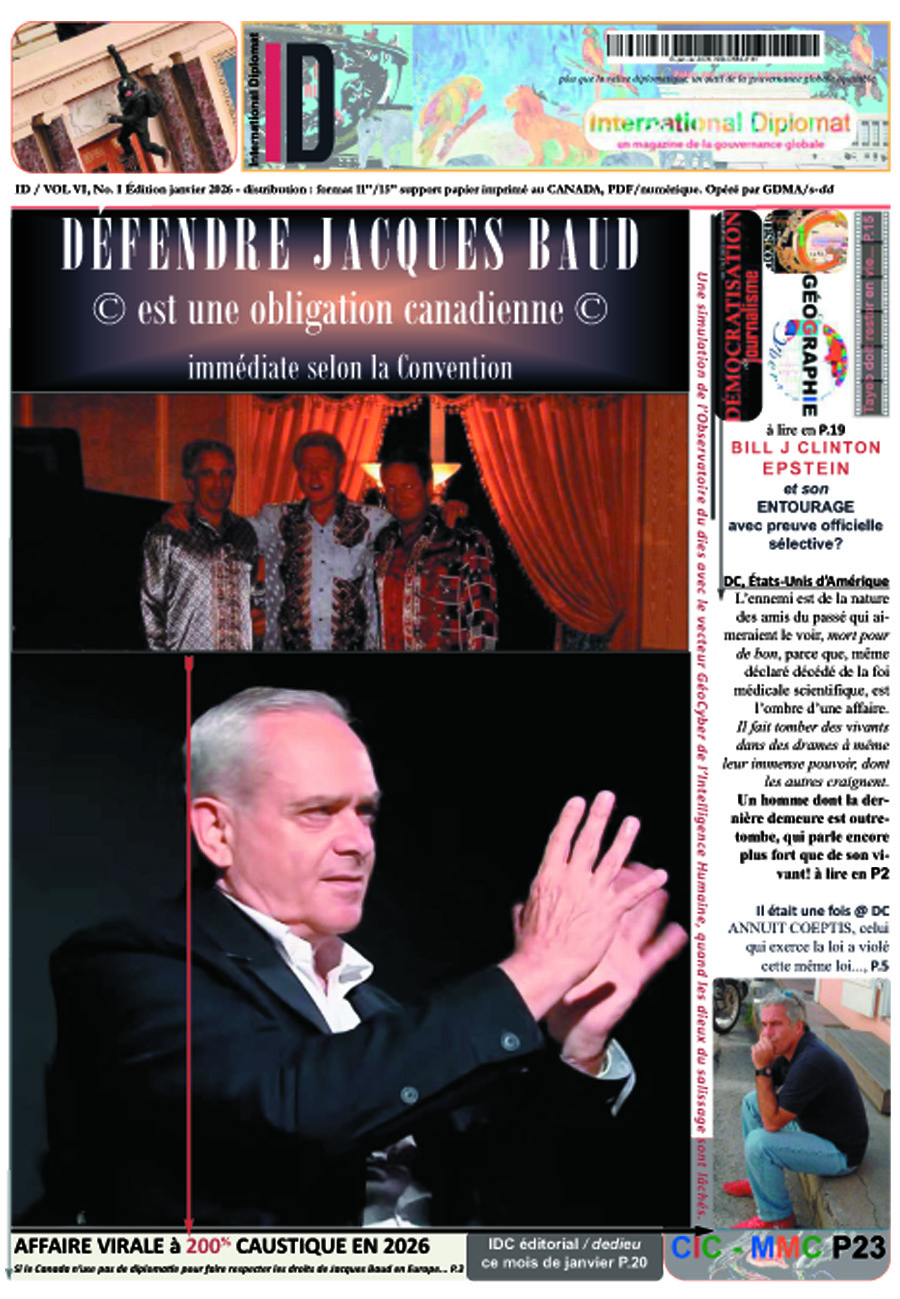In an era where political rhetoric often overshadows meaningful action, many citizens are left feeling disillusioned with their leaders. The perception that politicians and national leaders serve their interests rather than the public good has created widespread distrust in institutions that are meant to represent and protect us. This sentiment reflects a deeper yearning for authentic leadership that prioritizes the welfare of all over individual or party agendas.
The Dilemma of Self-Serving Politics
Political systems worldwide often seem entangled in a web of self-interest. Campaigns fueled by corporate donations, lobbying, and partisan divides can lead to decisions that favor a select few rather than addressing the pressing needs of the majority. Issues like healthcare, education, and social justice require collective action and long-term strategies, yet they frequently become battlegrounds for political maneuvering rather than platforms for genuine progress.
This environment fosters cynicism among citizens. When leaders appear more concerned with their re-election or political capital than with the challenges facing their constituents, it erodes trust and civic engagement. The notion that leaders have an agenda serving only themselves is not unfounded; it is a narrative that plays out in headlines and public discourse daily.
Societal Division
As political agendas become more polarized, societies are increasingly divided. Issues that should unite people, such as social justice, economic opportunity, and public health, often become sources of contention. This division is exacerbated by the rise of social media, which can amplify echo chambers and misinformation, leading to further polarization.
The consequences of this division are profound. Communities that once thrived on diversity and collaboration now face fragmentation and conflict. Instead of coming together to address common challenges, people find themselves entrenched in ideological battles that hinder progress and undermine social cohesion. In this fractured landscape, the quest for peace becomes even more critical, as societies must navigate the complexities of differing perspectives and experiences.
A Vision for Peace and Collaboration
Amidst this backdrop of disillusionment and division, there is a powerful call for a shift towards peace and collaboration. The growing global challenges, from geopolitical tensions to social unrest, demand that leaders prioritize diplomacy and dialogue over division and conflict. History has shown us that wars and confrontations often lead to greater suffering and instability, not just for the nations involved but for the world at large.
Organizations dedicated to peacebuilding and conflict resolution are increasingly advocating for a focus on mutual understanding and respect among nations and within societies. This shift requires leaders willing to listen, engage in constructive conversations, and seek common ground. It calls for an investment in international cooperation and local community engagement that transcends borders and divides, fostering relationships based on trust and shared goals.
Empowering Citizens for Change
For true transformation to occur, citizens must actively engage in the political process. Grassroots movements and community organizing can amplify voices that challenge the status quo and demand accountability. By voting informedly, participating in public discourse, and advocating for transparency, individuals can influence their leaders to adopt more responsible and inclusive policies.
Education plays a crucial role in this empowerment. When citizens are informed about political processes and the implications of policies, they can make choices that reflect their values and needs. Encouraging critical thinking and fostering a culture of civic responsibility can help create a more engaged electorate that holds leaders
The Path Forward
The road to genuine leadership is paved with challenges, but it is also filled with hope. The desire for peace and integrity in governance resonates across demographics and borders. By demanding transparency, supporting leaders who prioritize the common good, and actively participating in civic life, citizens can help reshape the political landscape.
Ultimately, the vision for a peaceful world rests not only on the shoulders of politicians and organizations but also on the collective efforts of individuals who refuse to accept the status quo. Together, we can advocate for a future where genuine leadership prevails, paving the way for a society that prioritizes harmony, understanding, and progress for all. In embracing our shared humanity and recognizing the strength that diversity brings, we can bridge the divides that separate us and work collaboratively toward a brighter, more unified future.
Marianne Rothmann
Cultural Communicator





